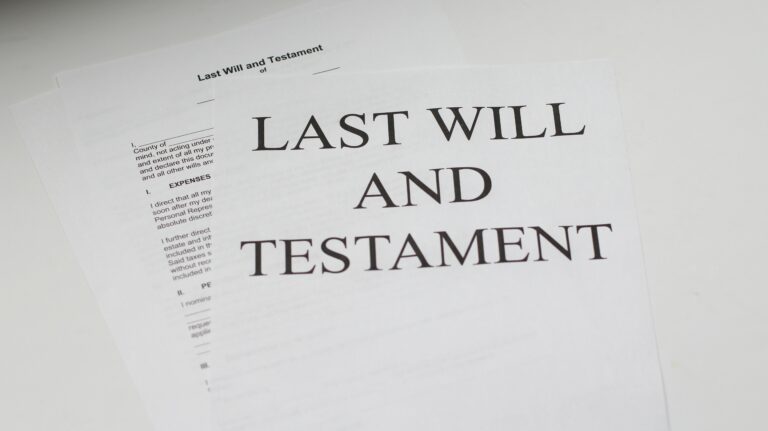
Why Your Will Is Just One Part of an Estate Plan
When a veterinarian’s third wife left him, he rushed to update his will and estate planning documents to ensure that she wouldn’t get anything when he died. However, the handwritten change he faxed to his life insurance company wasn’t accepted, so his three children from his first marriage spent six years embroiled in a fight with her after he died.
Most people make the mistake of assuming their will is the last word on who receives what when they die, according to a recent article, “Your Will Alone Won’t Guarantee Your Money Goes to Your Heirs,” from The Wall Street Journal. However, certain documents override wills, and chances are you’ve got more than a few: beneficiary forms for retirement accounts, life insurance and some bank and investment accounts. This is the case regardless of whether the accounts were opened through the workplace or on your own.
Failure to update them and your assets could end up in an ex-spouse’s accounts or a court battle. Estate planning attorneys say this is a growing issue as Americans juggle multiple accounts and have more of their net worth in retirement accounts.
You must be sure that all beneficiary forms match your current intent and estate plan. For one employee benefits attorney, the hardest part of the job is writing denial letters to children and parents, advising them they are not entitled to the accounts.
Some laws regarding pensions and spouses need to be explored and clarified. For example, an employee divorces and names an adult child as the new 401(k) beneficiary. The employee then remarries. Under federal law, the new spouse gets the 401(k), no matter what the beneficiary form or will says. The rules vary for beneficiary forms for different accounts, so each needs to be examined.
With 401(k)s, married spouses are automatically entitled to the money unless they formally waive it, and the waiver must be notarized. If no beneficiary and spouse are listed, the employer plan documents determine who is next in line.
With IRAs, in most states, you can name someone other than your spouse as a beneficiary without needing a waiver. You will need a waiver if you live in a community property state, like California or Texas. If no beneficiary is listed, the terms of the IRA agreement determine who inherits the IRA.
With insurance payouts, the employer plan documents control the payout, if the policy is a workplace plan obtained through your employer. If you purchased the policy independently, the insurance company’s rules govern. Litigation typically ends up in state court.
Want to protect your heirs?
Take beneficiary forms seriously, and don’t just sign and forget them. Be sure to include the beneficiaries’ proper name, date of birth and Social Security number.
Keep the documents updated according to the institution’s guidelines anytime there is a major life event, like getting married, divorced, or having children. Some states have laws automatically revoking designation upon divorce, but many do not.
For banks and investment accounts, people sometimes add a “payable on death” designation by filling out a special beneficiary form and then forget about it. If one child is named and not the other, this can lead to hurt feelings and fractured relationships.
These accounts and insurance policies must be aligned with your overall estate plan, or they may not work as you want.
Keep copies of beneficiary forms with your estate planning documents. You may want to send duplicate beneficiary forms to the bank, brokerage house, or insurance company and ask for one back with a stamp indicating it was received. You can sometimes check your account profile online to see if the change you requested has been made.
Reference: The Wall Street Journal (Sep. 30, 2023) “Your Will Alone Won’t Guarantee Your Money Goes to Your Heirs”








